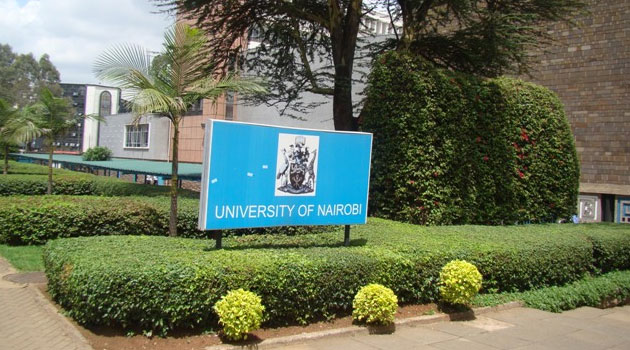
The perception that some institutions offer better training in sciences than others is still thriving, with the University of Nairobi considered to be the best in medicine, law and other science disciplines/FILE
NAIROBI, Kenya, May 10 – Most employers believe that science courses create more employment opportunities compared to arts, according a study released Wednesday by CPS International.
Out of 309 respondents sampled, 38 per cent said sciences have more job opportunities compared to arts at 32 per cent. 30 per cent of respondents argued both sciences and arts provide employment opportunities in the study dubbed “The State of Sciences Training in Kenyan Universities: Make Science Great Again” conducted between February and April 2017.
The perception that some institutions offer better training in sciences than others is still thriving, with the University of Nairobi considered to be the best in medicine, law and other science disciplines.
CPS International’s lead consultant Professor Herman Manyora however debunked the perception, saying that may not necessary mean graduates from such institutions are more skilled than their counterparts from other institutions.
“Many firms would seek consultancy, fund or recruit employees based on which course is offered by what university and the reputation and ranking of that university,” he said.
“For instance, University of Nairobi medical and law students are considered to be highly trained making employers seek to hire them. They may be wrong but that is what is happening,” Manyora noted.
The study also revealed that only 49 per cent of science graduates are considered to be well trained with the remaining 51 per cent respondents disagreeing with the position.
Manyora however pointed out that the argument that some graduates are “half baked” is misplaced stating that graduates are equipped with the knowledge in institutions of higher learning for application in their relevant fields of specialisation.
“Some people think that a university graduate in some science area for example automotive engineering should go to the garage and fix a vehicle. No!” he exclaimed.
“There’s a whole difference between science and application. Sometimes we accuse our graduates for nothing because they have the knowledge (the science), the practical aspect will be handled by somebody else,” he added.
According to the survey, most employers believed there is need for enhanced funding by government in order to improve the quality of training in universities.
Findings of the study indicated that a whopping 81 per cent of revenues in public universities are generated from student fees with only 42 per cent of the same making up revenues generated by private universities.
Government capitation followed in income generation accounting for 48 per cent of all revenues collected by public universities.
READ: UoN, Kenyatta and Moi varsities top in science teaching – study
Third in the list of income generating streams is research grants which accounted for two and five per cent of revenues in private and public institutions of higher learning respectively.









































